A recent essay in the 2017 Winter issue of Meanjin, entitled ‘In Defence of the Bad, White Working Class’, got me thinking about the vexed question of class and whether indeed Australia can still pride itself on being a classless society.
The author, Shannon Burns, grew up in a white working class suburb of Adelaide but ‘migrated’ over time, through education and employment opportunities, into the liberal, middle-class, and hence fully qualifies as a commentator on class disparities.
In some ways, I too identify with this generational movement from working to middle class. My own family’s origins were working-class. On one side my grandmother escaped to Australia from the Irish Potato famine at the age of fourteen into domestic service and my father’s parents and grandparents were farming and railway workers. My father however, quickly became a successful small businessman and I too, like Shannon Burns, seamlessly ‘migrated’ to the liberal middle class thanks to my educational opportunities.
Burns’ essay in part makes the point that the privileges of the middle-class may have deafened us to the true conditions of those who still languish as poor, white working class. It’s with some trepidation that anyone should draw attention to white victimhood, given that historical indigenous disadvantage has been so firmly established as a sine qua non in intellectual circles. Shannon argues that progressives need to listen to lower class points of view rather than deriding or belittling them.
This is dangerous territory to negotiate given that the progressive class has identified ‘the bad, white working class’ as one location for casual racism and homophobia. These are the typical supporters of Trump and One Nation, who see themselves as having been abandoned by the progressive liberal class who have taken the lion’s share of advantages at a time of expanding economies and opportunities.
We must face the facts that this is the class that has suffered the most from the annihilation of industries such as the auto industry and the thousands of jobs that went with it. The structure of employment has transformed in the past twenty years and some groups have borne the brunt of those changes.
Here in Geelong these’s evidence of an employment wasteland caused by the closure, almost a year ago, of Ford auto factory with the loss of 1,200 workers (including those in Broadmeadows, Melbourne). It was estimated too that another 150 companies which depend on Ford would also be affected. There was talk at the time of re-skilling and re-employing these several thousand workers but little evidence so far.
These are the disillusioned unemployed who have lost faith in liberal rhetoric and who can blame them? These are the people who are easy prey to right wing promises and see multiculturalism as just another movement that has robbed them of their opportunity.
Mistakenly perhaps they blame liberal movements such as those for female equality and minority rights as the enemy, as they can only stand by and witness their own opportunities being swamped by such groups.
These are the people who blame their loss of opportunity on the growing vocal demands of groups who were previously kept in their place – women, indigenous people and homo- and trans-sexual. We’ve failed somehow to make it clear that these minority groups want equality, not domination. The real ‘enemies’ of the working are the professional political and industrial classes that have sold out on the under-skilled and underemployed and failed to include them in a changing society.
‘For precariously employed, unskilled labourers,’ says Burns, ‘the prospect of competing against a recent migrant for a job is inevitable while for middle-class people it is only a remote possibility.’
I find myself in a quandary. All my tendencies, my tastes and preoccupations are now liberal progressive. I too view the ‘bad, white working class’ as one source of casual racism, misogyny and homophobia. But as Shannon expresses it, my ‘middle-class grievances now drown out lower class pain.’ My dilemma is that I don’t honestly identify with most working class preoccupations. If you scratch the surface I am indeed a liberal latte-sipping, bleeding heart – with security. I too have failed to notice that a whole class was being left behind. Who could blame these unemployed, under-skilled for tiring of the whining libertarians and their ‘causes’?
Acknowledging this class divide doesn’t make me less a supporter of minority rights and I still remain unsympathetic to right-wing groups which blame women’s and minorities’ rights groups for their situation but their reality needs acknowledging.
ABS statistics in June this year showed that Australian households have never been wealthier but the Australian Council of Social Service (ACOSS) has revealed that ‘people in the bottom 50 per cent of the community own just 6 per cent of the overall nation’s wealth.’ Three million live below the poverty line. Of course only a percentage of these people are white but they are one of the groups who have fallen through the cracks and off the radar.
I might be quite wrong but it seems to me too that the Labor party, traditionally the secure home of the working class, has also failed their ‘bad, white working class.’ As a movement Labor was unable to predict the fallout from a rapidly changing workforce and now finds its former adherents drifting to small right-wing parties with quick-fix solutions but no real answers in a rapidly-changing society. I wonder if the drift to right-wing movements will continue if the major parties don’t face the big issues.


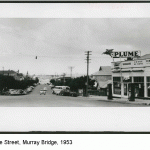
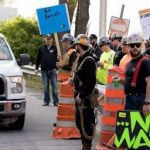
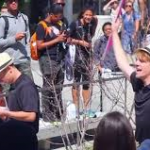


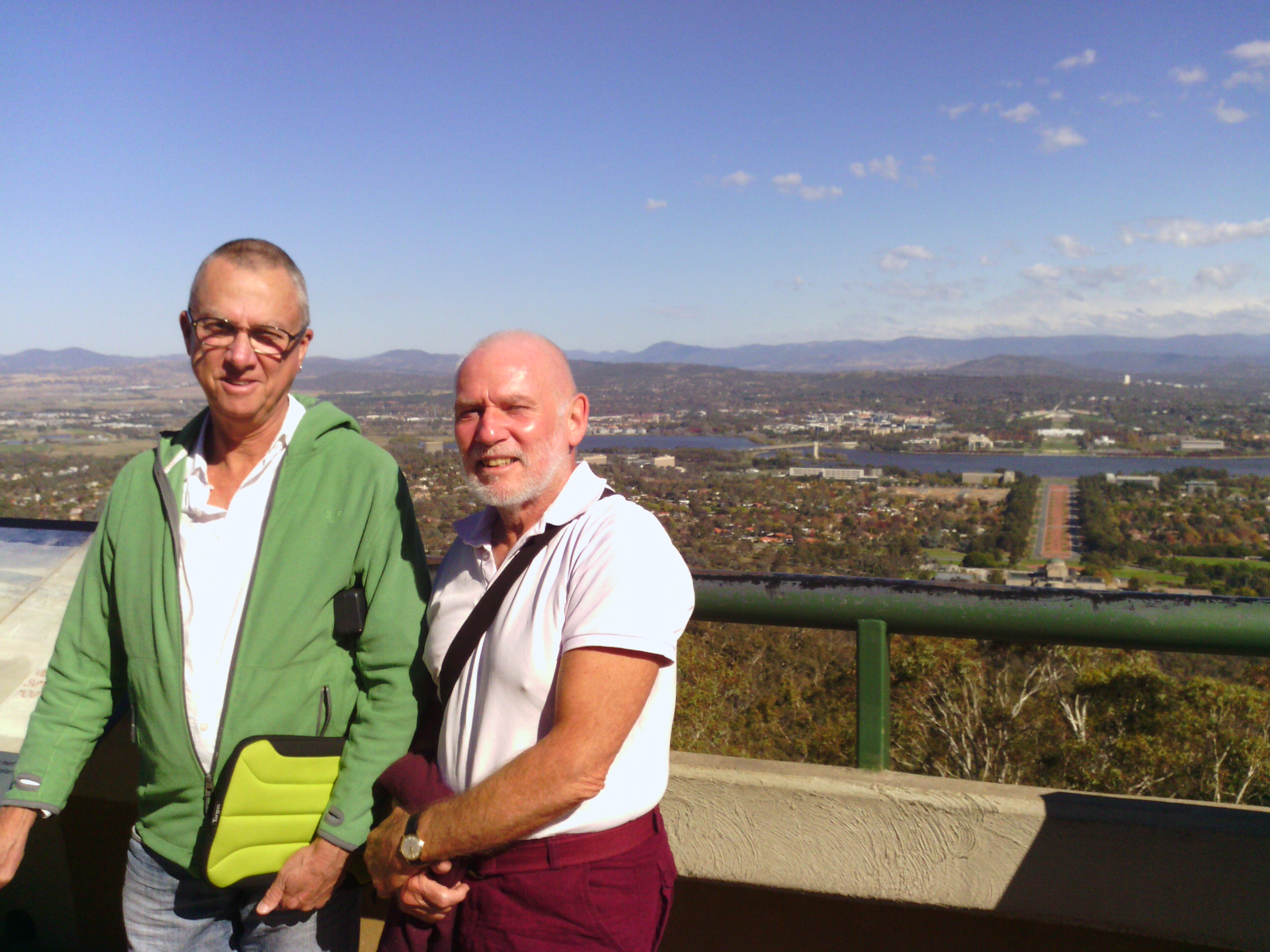

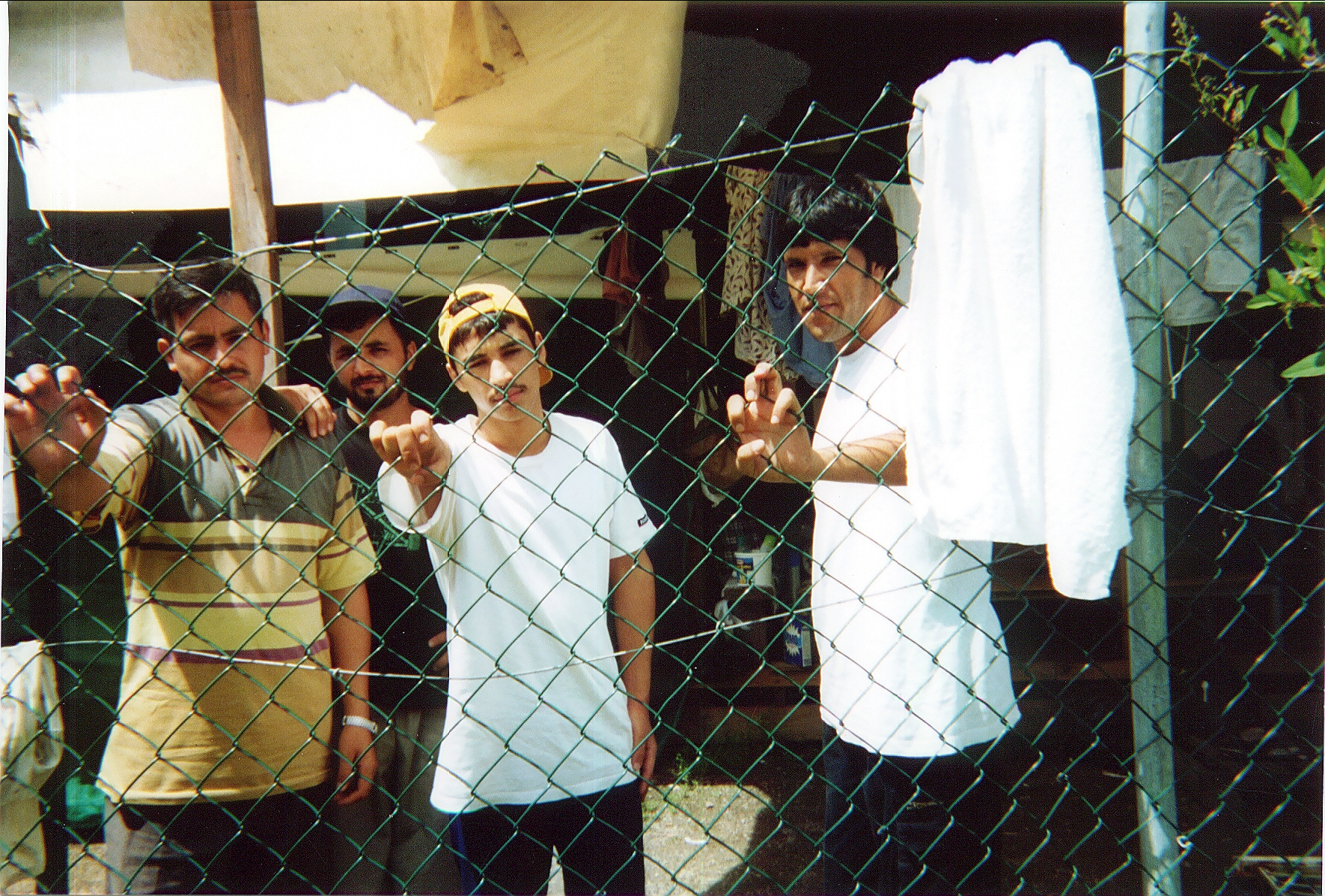


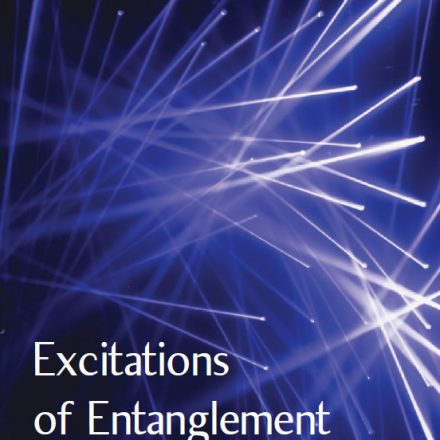

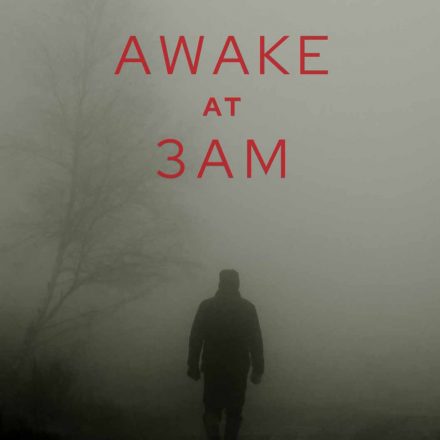
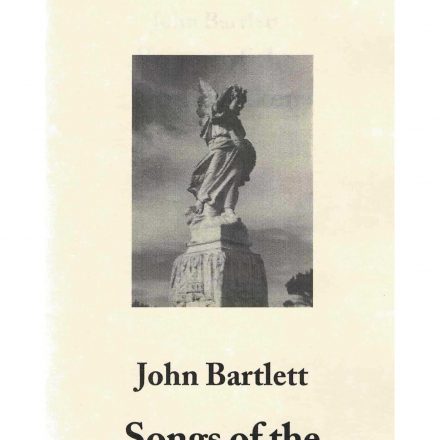


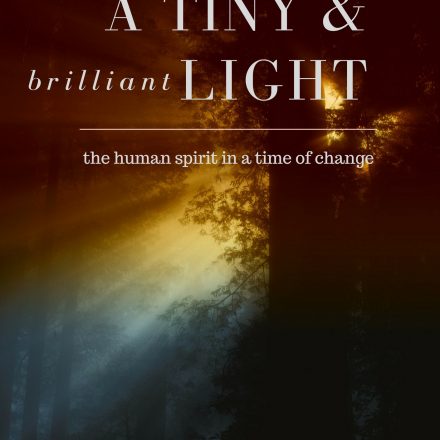



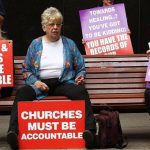




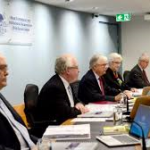

Another interesting blog article John. Slightly on topic I strongly believe that all our political parties are becoming the same. We as a country are struggling to retain the traditional Blue Collar job prospects for the next generation. If you are not into robotics and coding good luck finding a safe, stable career…